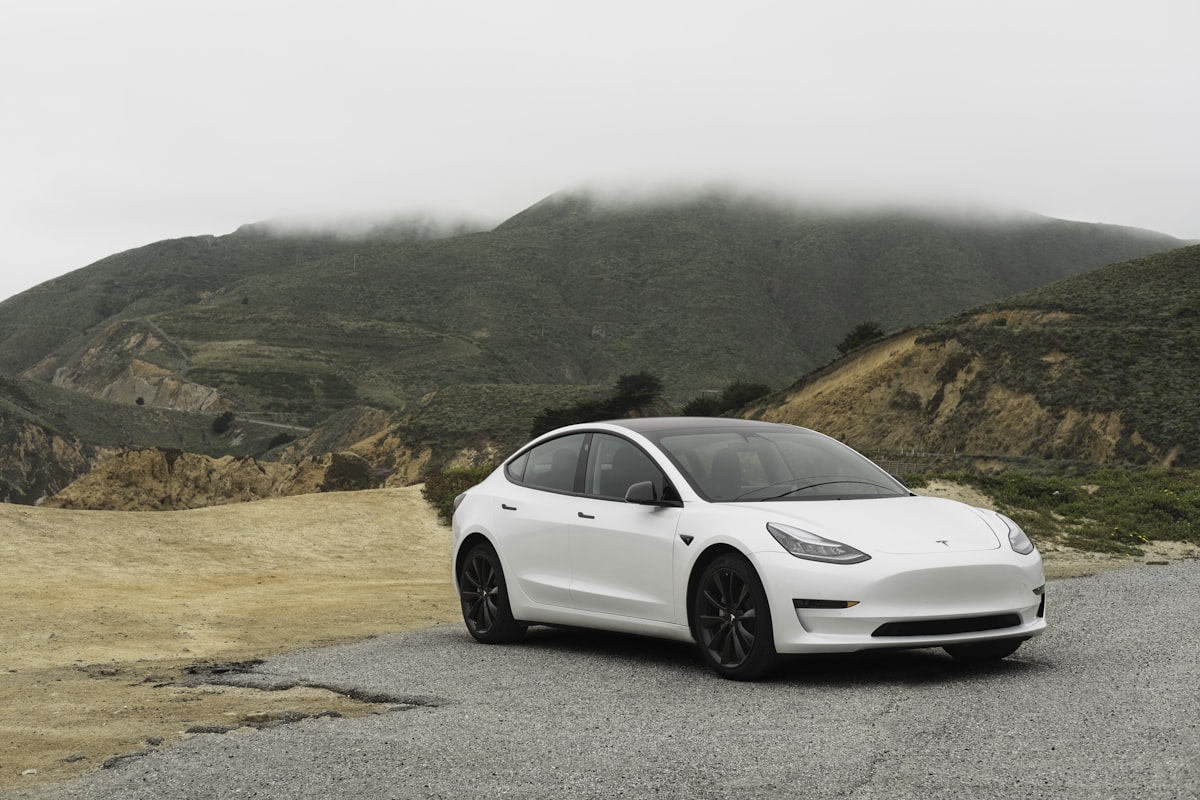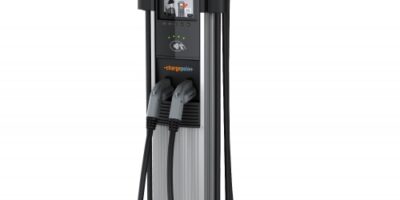Government Incentives for Home EV Chargers in the Pacific Northwest
EV charger incentives have gotten complicated with all the federal, state, and utility programs flying around. As someone who’s helped Northwest EV owners navigate these rebates for years, I learned everything there is to know about what money is actually available. Today, I will share it all with you.
The good news: multiple layers of incentives can significantly reduce your home charger costs. The bad news: you have to know where to look.
Federal Tax Credit
The federal government offers a 30% tax credit on home EV charger purchase and installation, up to $1,000 for residential installations. Probably should have led with this section, honestly—this alone takes a meaningful chunk off your costs.

Washington State
Washington offers solid incentives:
- Sales tax exemption on EV chargers—save around 6.5%
- Puget Sound Energy: $500 rebate for Level 2 charger installation
That’s what makes Washington endearing to us EV owners—the state actually wants us to go electric.
Oregon
Oregon’s Clean Vehicle Rebate Program provides:
- Up to $2,500 for EV purchases
- Additional $2,500 for low-income residents
- Oregon Department of Energy rebates for home charging stations
- Portland General Electric: up to $500 for Level 2 chargers
Idaho
Idaho offers fewer incentives but Idaho Power provides up to $299 for residential Level 2 chargers. Better than nothing.
Local Utility Programs
Check your specific utility—many offer their own rebates:
- Avista (WA/ID): up to $600 for Level 2 chargers
- Pacific Power (OR): up to $500 rebates
Stacking Incentives
The real savings come from combining programs. Federal tax credit plus state sales tax exemption plus utility rebate can add up to $1,500-2,000 off your installation costs. Apply for everything you qualify for.
Check current program availability before purchasing—incentives change and some have limited funding.



